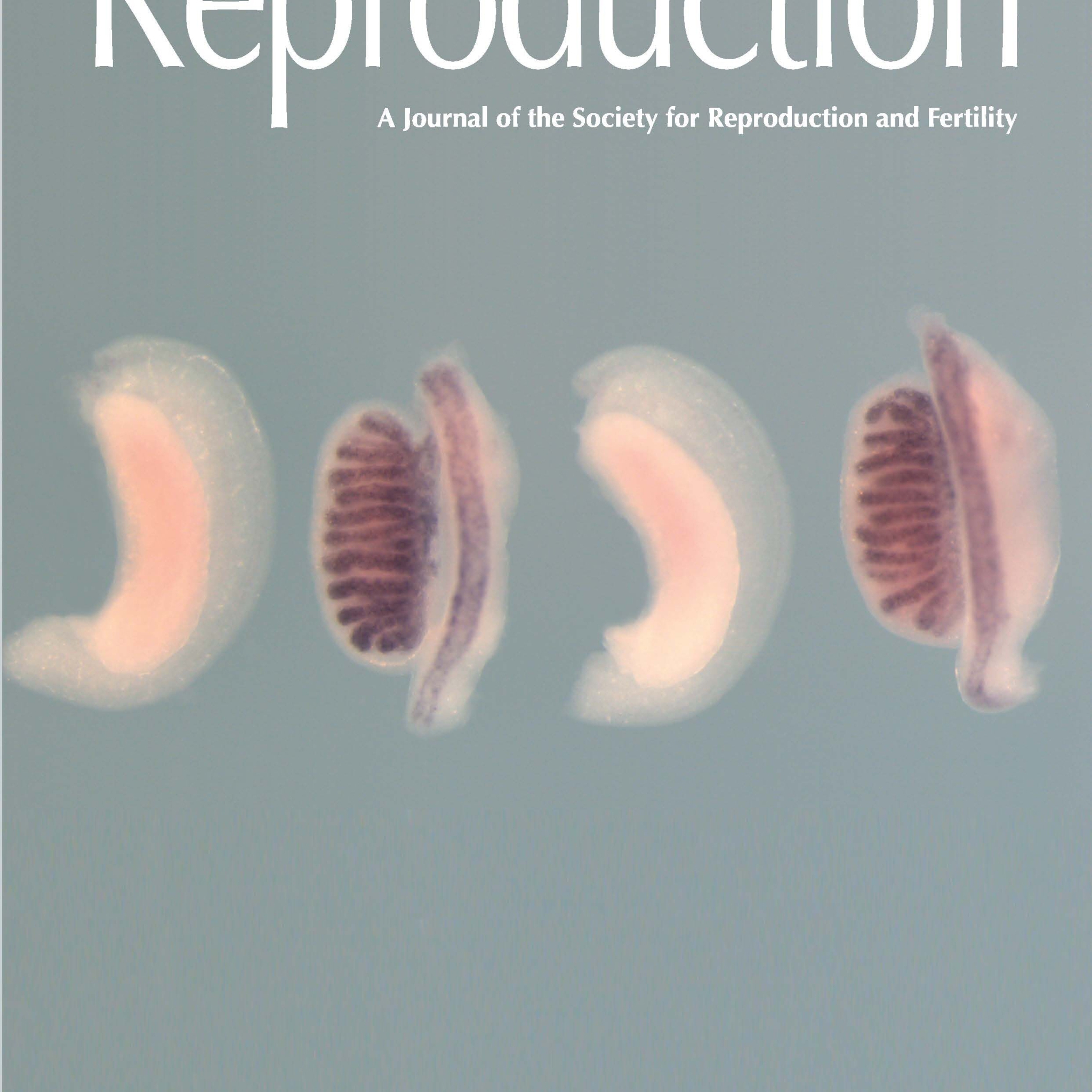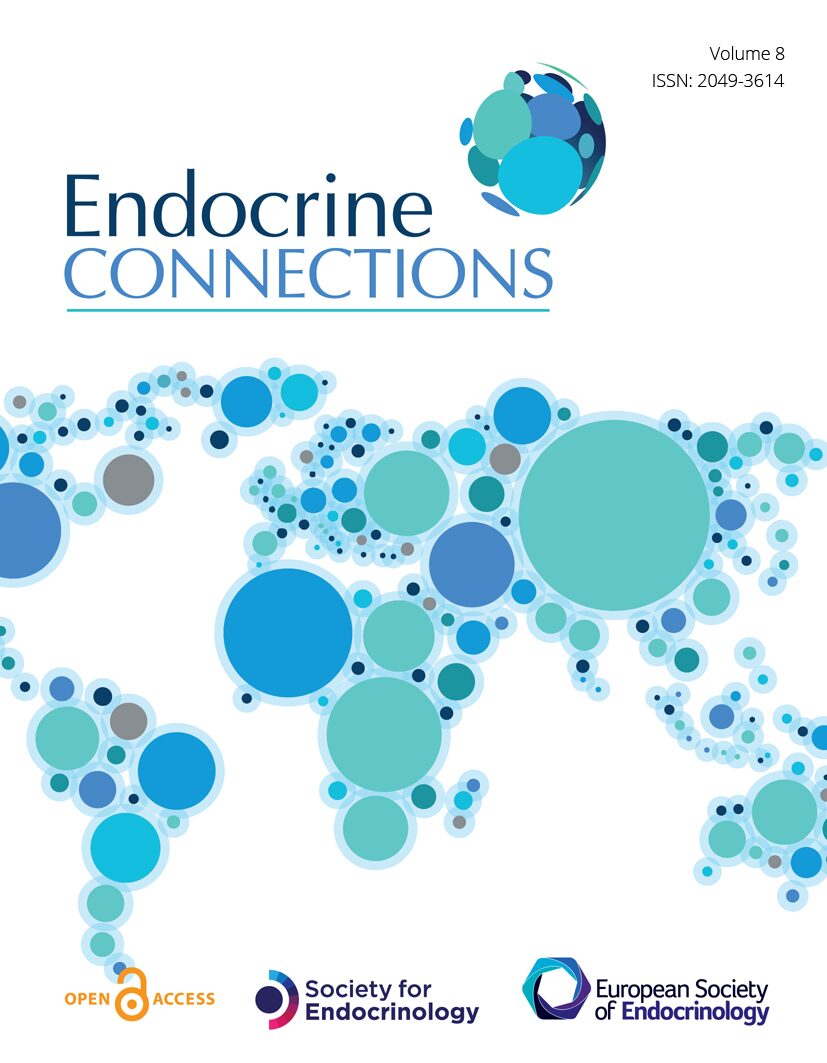In his new video, Danny Roddy briefly mentions the concept of vitamin A as a toxin, and his only counter-argument is the claim that it's required for steroid production, and here he is echoing one of the arguments Ray Peat made in favor of the essentiality of retinol.
Ray Peat quotes:
"In animals, cholesterol is the basic sterol molecule, which is massively converted into other substances, including the steroid hormones. Thyroid hormone and vitamin A are required for this conversion."
"Although one of the important functions of vitamin A is its involvement in the formation of the steroids pregnenolone and progesterone (both of which moderate the effects of cortisol), it also has some hormone like actions directly on the cells of the immune system, and it stimulates production of interleukin-2 and both inhibits generation of specific suppressor cells and limits the intensity of activation of suppressor cells."
"If thyroid and vitamin A can’t be used efficiently to form steroids, a steroid imbalance is likely."
"to a very great extent, progesterone could substitute for vitamin A, meaning that a very large fraction of the vitamin A used by the body is used up in making progesterone, from which the other steroid hormones are made."
"Yes, it's definitely hard to get them coordinated when there's an imbalance in one direction or the other. For several years, when I had an extremely high metabolic rate, I needed 100,000 units per day during sunny weather to prevent acne and ingrown whiskers, but when I moved to a cloudy climate, suddenly that much was too much, and suppressed my thyroid. The average person is likely to be hypothyroid, and to need only 5,000 units per day."
Ray Peat is wrong when it comes to the involvement of retinol in steroid production. This concept has been gained from faulty rat studies.
Earlier in the Grant Genereux thread, @youngsinatra shared the following paper:
Vitamin A: Not Required for Adrenal Steroidogenesis in Rats
Previous work supporting the vitamin A dependency of adrenal function in rats neglected to take into account a secondary effect of the deficiency, a decrease in hepatic ascorbic acid biosynthesis. Vitamin A-depleted rats maintained on a diet free of ascorbate had a decrease in the activity of adrenal 3 β-hydroxysteroid dehydrogenase, and extensive adrenocortical degeneration. The use of an ascorbate supplement prevented the symptoms. The results suggest that previous evidence for direct involvement of vitamin A in steroidogenesis may have been due to the production of a secondary deficiency, a chronic scorbutic condition.
The vitamin A dependency of steroidogenic organ function in rats has remained a controversial subject. Both adrenal (1, 2) and gonadal (3) dysfunction have been reported in hypovitaminosis A. Attempts have been made to apply this theory as an explanation for the apparent anticarcinogenic effects of vitamin A. Light (4) has proposed the existence of subclinical vitamin A deficiencies which result in decreased adrenocortical output. The correction of such a condition in a patient with cancer would be the equivalent of steroid therapy. In addition, Van Thiel et al. (5)have shown that ethanol interferes with testicular vitamin A metabolism, and they theorized that this could account for the occurrence of sterility in alcoholics. However, no attempt has been made to reconcile these theories with recent work that does not support the involvement of vitamin A in steroidogenesis (6, 7). A review of this field revealed that none of the investigators who attempted to produce a hypovitaminosis A condition (1-3, 6, 7) noted an important effect of hypovitaminosis A in the rat, a reduction in the hepatic biosynthesis of ascorbic acid (8). An examinationof the diets used indicated that in those experiments where significant steroidogenic dysfunction was noted both vitamins A and C were lacking in most of the reported diets (1-3). In one of the experiments that failed to support the aforementioned work(7), significant amounts of ascorbic acid were present in the diet (9). In another report (6) showing the absence of adrenal effects in vitamin A deficiency, no vitamin C was in the reported diet; but retinoic acid was used to deplete the vitamin A stores,and was then abruptly withdrawn. The effect of this regimen on the hepatic ascorbic acid synthesizing enzyme, gulonolactoneoxidase, is not known.
(...) The result of the reduction in ascorbic acid biosynthesis is a decrease in the activity of adrenal 3,-HSD, and a series of histological changes in the adrenal which resemble scurvy in the guinea pig (23, 24).These changes have been attributed to the vitamin A dependency of adrenocortical function (1, 2). The use of an ascorbate supplement in vitamin A-depleted rats prevented all of the aforementioned symptoms.The above data provide a possible explanation for the conflicting reports concerning the effects of hypovitaminosis A on the adrenal cortex of the rat; that is, a lack of vitamin C in their diet. Further work is needed to ascertain whether the "protective" effect of ascorbic acid is still present in more extreme cases of vitamin A-deficiency. However, our work shows the importance of ascertaining that only one deficiency exists when performing vitamin depletion studies.
As the paper from 1976 notes, "The use of an ascorbate supplement in vitamin A-depleted rats prevented all of the aforementioned symptoms."
The authors write that the idea for retinol being essential for steroid synthesis is a "controversial suject". It was (and is) by no means a settled thing within academia, but the discussion around this has probably been suppressed or ignored since the 80s.
From this data it becomes clear that the true issue here is simply a lack of ascorbic acid (in the context of diet-induced toxicity or nutrient deficiency), which we know is an anti-toxin.
So the argument that vA is essential for steroid synthesis seems to have no solid foundation. Danny Roddy is just copying Ray's claims without any critical reception here. If this is his best argument, it shows he has not seriously looked into the low A approach at all.
It would be helpful for many people if Danny Roddy, and others involved, would stop treating Ray Peat like he was infallible. There are many things he got outright wrong, and he was never questioned on these things by his followers. Ray Peat, like many other scientists of the 20th century, was blinded by the newly established vitamin ideology - the idea that we need to take in lots of chemicals in exactly the right amount to be healthy, as if life is some kind of complicated puzzle to solve. A concept that is opposite of the actual truth: We need to merely stop the ingestion of toxins and the body brings back itself into balance and health. Some of those toxins are even wrongly classified as essential in large amounts, and thus act as trojan horses for an absurd level of toxicity in our culture in present times.
Last edited:


